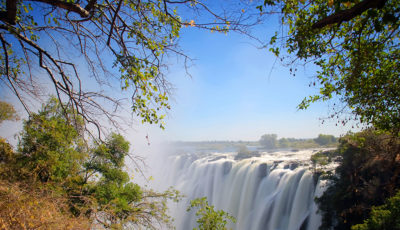From the wilds of the Okavango Delta to the Lower Zambezi National Park, this itinerary promises a unique safari experience.

Experts in socially responsible luxury travel. We design travel experiences that support conservation and local communities without skimping on comfort.